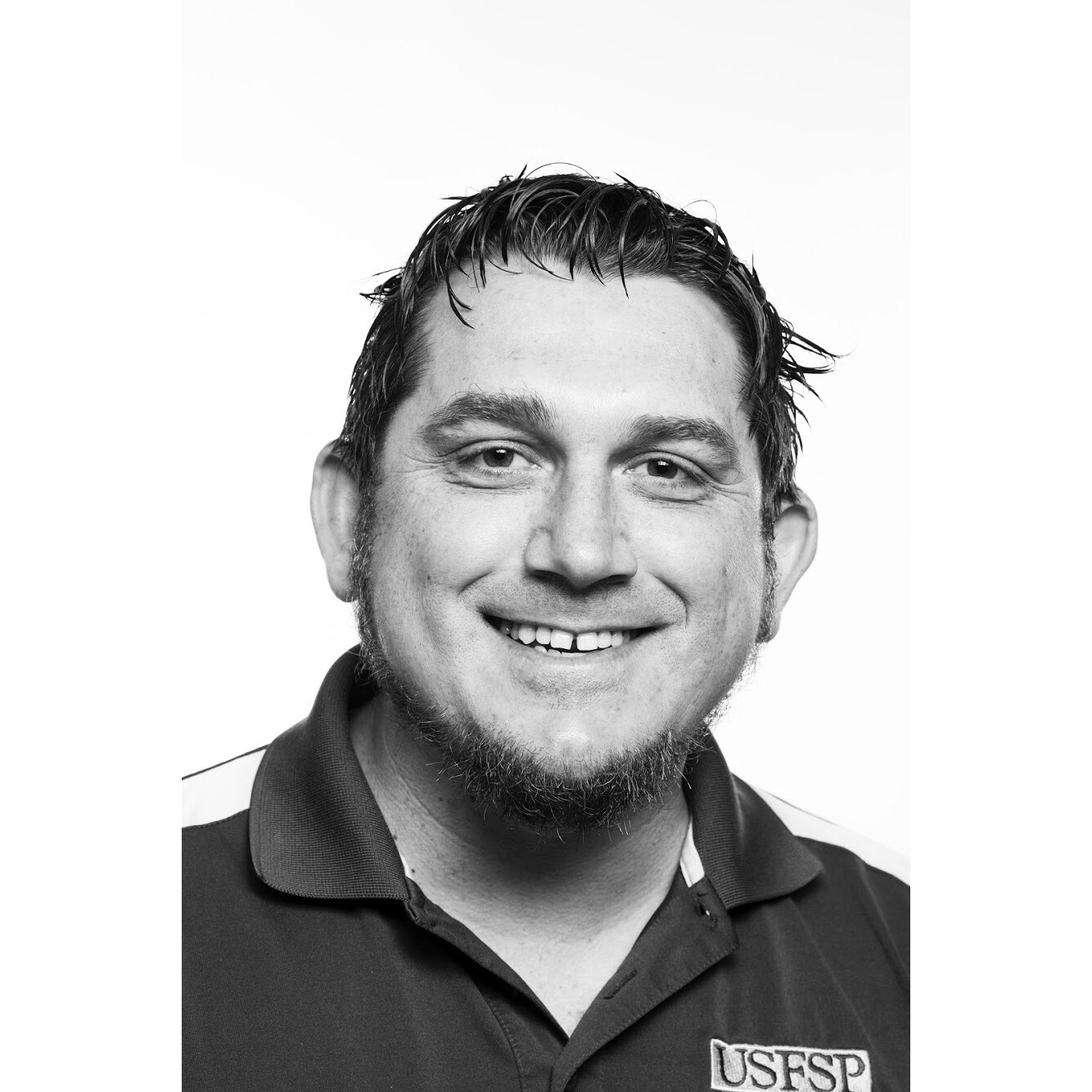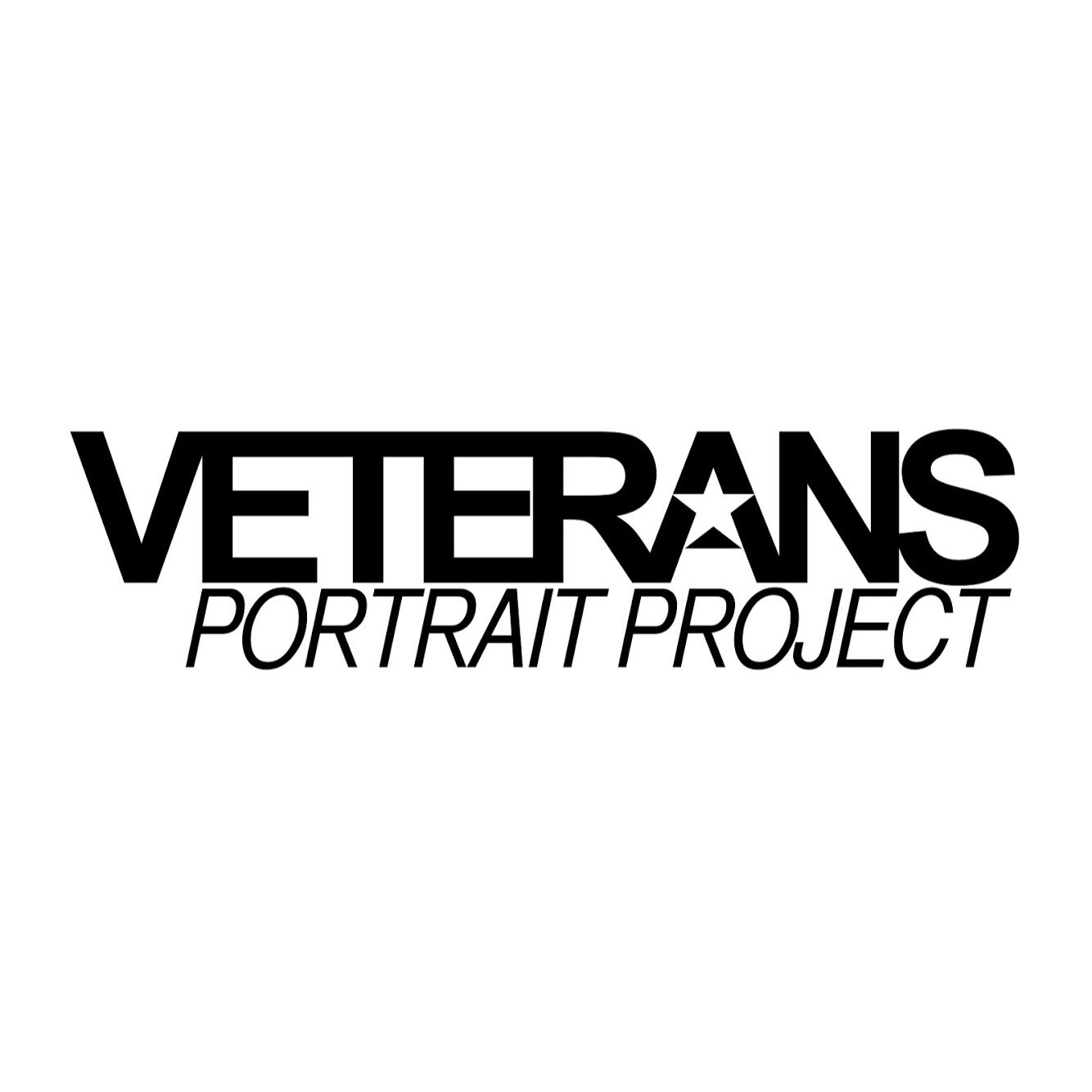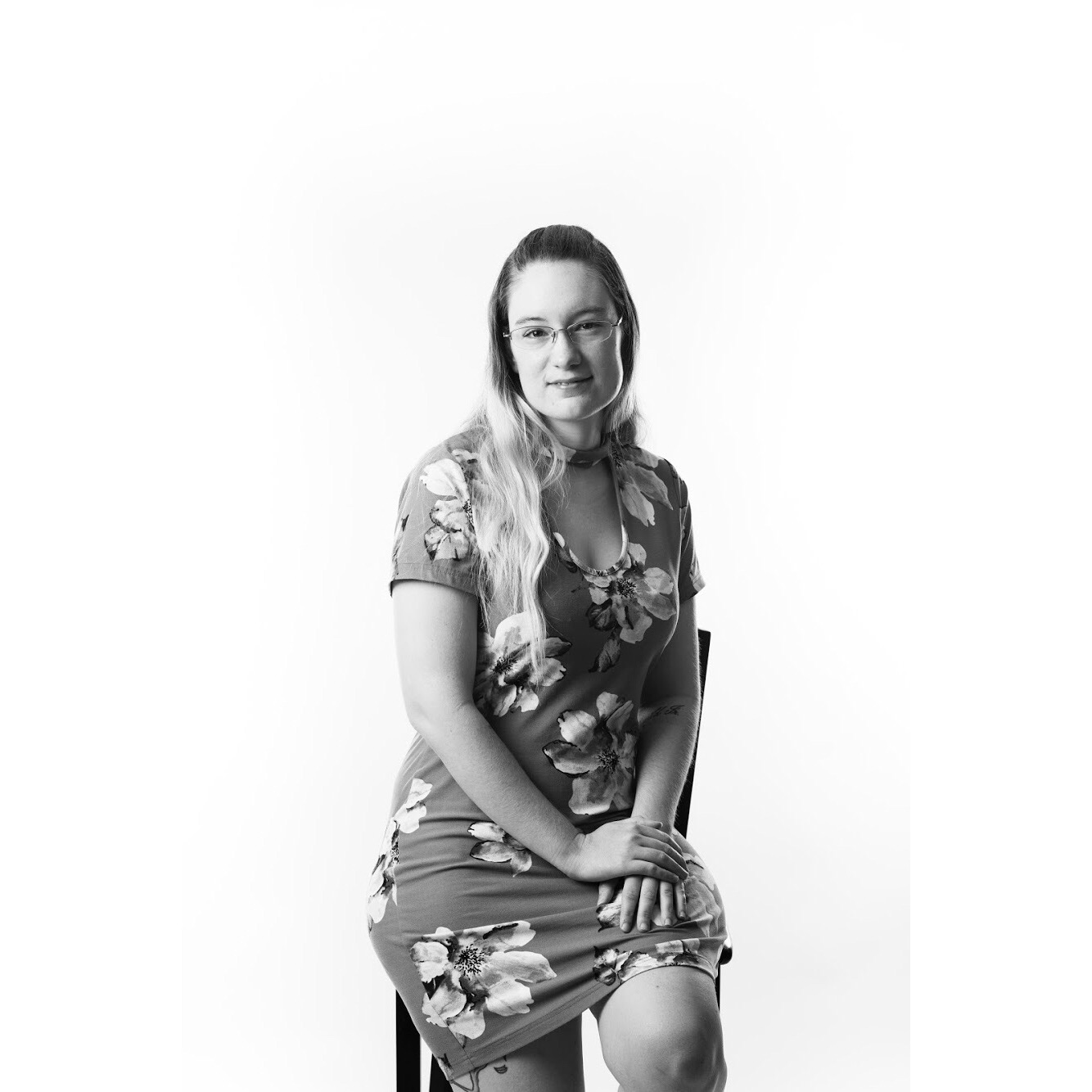Branch: Army
Duty: Communications specialist
By Emily Wunderlich
It was 2001 when Joshua Lovelace decided to take the ASVAB “on a whim.”
He was in the international baccalaureate program at St. Petersburg High School. He intended to go to the University of Florida, so he didn’t think much of his results for the military aptitude test when they came back.
Then his girlfriend got pregnant halfway through his senior year.
That was when Lovelace decided to enlist in the Army through its Delayed Entry Program. He graduated high school in June, and by the end of July, he was off to basic military training.
“It was never going to be a career for me, it was just kind of a use-use situation,” He said. “They use me, I use them.”
Like many Americans, Lovelace remembers exactly where he was on 9/11: getting fitted for his Class A uniform in boot camp.
“More than any other event in my life, that one probably shaped the course of everything that’s happened,” he said.
Although he and the other recruits knew something horrible had happened, they didn’t know what it was until they watched President George W. Bush speak later that night. They were not allowed to see the footage of the attacks.
“We could tell that it was real because our drill sergeants were really emotional,” he said. “Up until then, they had just been hardasses. But you look over and you see this hardass with a tear streaming down his face, and it just got real.”
Lovelace didn’t watch the footage himself until the 10-year anniversary of the attacks.
“I don’t know if that was intentional, I don’t know if that was subconscious,” he said. “Sometimes I think I just couldn’t face it because of how it impacted my life.”
Burning out
Lovelace was on active duty from July 2001 to February 2006.
As a communications specialist, Lovelace didn’t often engage the enemy. He was involved in two small arms fire incidents and a convoy he was on was targeted by an IED attack.
His tour of duty included two deployments to Iraq, one in 2003 and a second in 2005.
It was hard for him to believe the news about his first deployment.
“We literally thought it was a joke,” he said. “They had us in formation on April 1, and they told us we were deploying the next day. We knew it was coming but we didn’t know the exact date.”
After retiring from active duty, Lovelace joined the inactive ready reserves. He moved to Dunedin with a friend, whose grandmother let them rent out the bottom floor of her apartment.
“I didn’t expect it to be difficult,” he said. He thought he would get out, go to school, and get a high-paying job. Instead, he found himself working in the media department at Best Buy.
“It just didn’t pan out right away,” he said. “I went through this phase where you have this overwhelming sense of purpose and direction, and you’re having an impact on a level that is just so massive … and then you go off to work at Best Buy.”
Because his job wasn’t in high demand, Lovelace was soon re-classed into a satellite communications position and stationed at MacDill Air Force Base, where he began training for another deployment — this time to Afghanistan in 2007.
“I didn’t have time to think,” he said. “I was frustrated and angry because we were working so much, but I wasn’t depressed anymore because I didn’t have to live in my own head.”
To some extent, Lovelace says he “mentally checked out.” He was supposed to be non-deployable because of an injury in his shoulder, but he was forced to waive his surgery because he was the only qualified person in his position.
“I was burnt out,” he said. “I didn’t feel appreciated.”
The meaning of patriotism
After his deployment, Lovelace enrolled at USF St. Petersburg to study sports journalism. However, one of his professors suggested that his writing skills might not be a good fit for the field.
“He (was) very blunt and I appreciate it,” Lovelace said. “I’m very passionate about the things that I write about.”
In 2011, he was hired as a Financial Aid adviser through the VA work study program, where he stayed throughout his undergrad career. In 2015, he was hired as full-time team manager. He remembers a time where there was no support system for veterans on campus.
“It’s been awesome to watch it grow,” he said.
Lovelace earned two undergraduate degrees in criminology and psychology. He will also earn a master’s in cybersecurity from USF Tampa in December.
No matter where he goes, Lovelace lives by the motto “Never stop learning.”
“Just like Dory with ‘Just keep swimming,’ but with learning,” he said.
Being in the military made him feel “boxed in” as opposed to other liberal fields.
“In the Army, I always just kind of felt that they wanted a bunch of folks who could just press buttons and just do and operate, and not really understand why and what and how,” he said. “ I hated that because I always wanted to know more … I wanted to think outside the box and it wasn’t encouraged.”
Lovelace said it’s easy to call yourself a patriot, but it’s “an altogether different and more difficult thing to put yourself on the line.”
“I didn’t join the military as a patriot,” he said. “I’ve always loved my country, I couldn’t imagine living anywhere else. But being in the service taught me the meaning of being a patriot … Putting yourself out there, sacrificing yourself for the benefit of others.
“I learned what it meant to be part of something bigger than me and my small group of friends and my family, and that was really the biggest takeaway from me: that sense of purpose and just love for this country. I can’t imagine doing it any other way.”
Lovelace, now 36, is married to his second wife. They have a 3- and a 4-year-old together and a baby boy on the way. His oldest daughter from his first marriage is 17.
“It’s hard, but the things that are most worth it are,” he said. “I get tired a lot, but there’s never this sense of lacking accomplishment or lacking focus and purpose, because my purpose is now them.”
Photo courtesy of Stacy Pearsall (resized for web)



